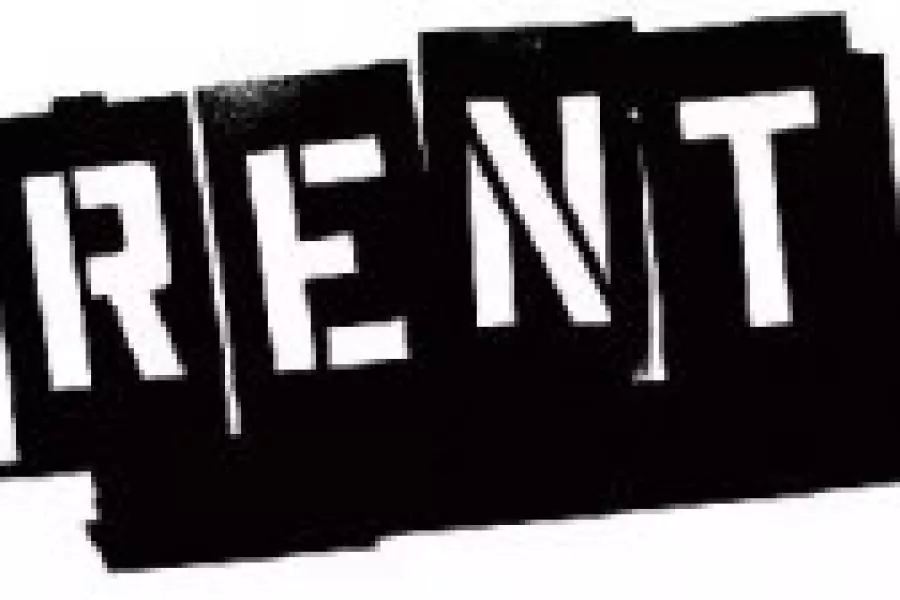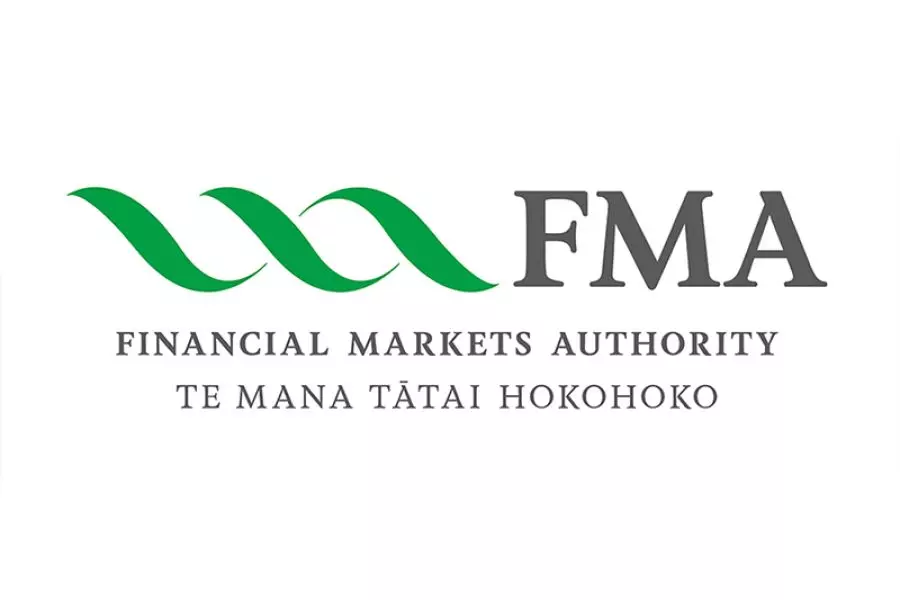News
Controversy over rental WOF - again

Saturday 17th of October 2015
Just under half of renters reported they had a problem with dampness or mould, compared with around one-quarter of home-owners, according to Statistics New Zealand data released on Thursday.
Household statistics manager Mark Gordon said the 2014 General Social Survey shows that only 7.1% of New Zealanders felt their home needed urgent or major repairs or maintenance.
Bu...
Want to read the full article?
Click the button below to subscribe and will have unlimited access to full article and all other articles on the site.









![[The Wrap] Bye Bye Bayly](https://goodreturns.publit.io/file/c_fill,w_900,h_600/39f23ac1-f7c7-4854-b700-a150004ebbac.webp)